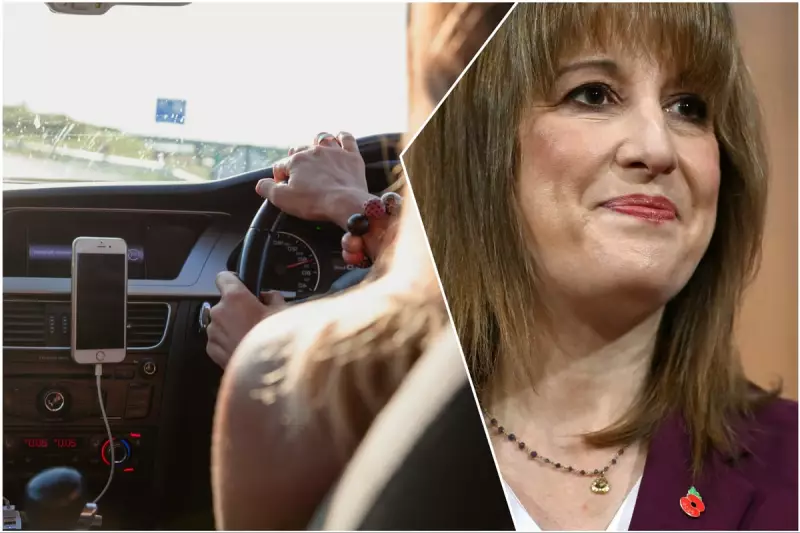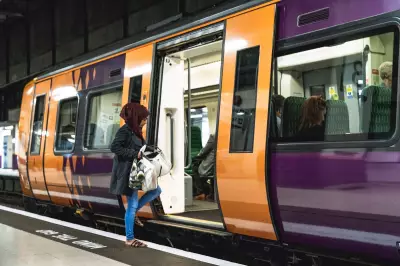
The landscape of British motoring could be set for its most dramatic transformation in decades as Labour considers implementing a revolutionary pay-per-mile road tax system. With the rise of electric vehicles threatening Treasury revenues, Shadow Chancellor Rachel Reeves has confirmed the party is exploring alternatives to traditional fuel duties.
The End of Fuel Duty as We Know It
As electric vehicles rapidly gain market share, the government faces a looming £35 billion black hole in motoring tax revenues. The current system, heavily reliant on petrol and diesel duties, is becoming increasingly unsustainable in the age of electrification.
Rachel Reeves told the BBC's Nick Robinson that while no decisions have been made, Labour is actively investigating "a more equitable system for the future." This signals a potential complete overhaul of how British drivers are taxed for road use.
How Would Pay-Per-Mile Actually Work?
The proposed system would fundamentally shift taxation from vehicle ownership to actual road usage. Here's what drivers need to know:
- Distance-based charging: Drivers would pay based on miles travelled rather than through fuel duty or vehicle excise duty
- Technology integration: Potential use of GPS tracking or mileage declarations during MOT tests
- Variable rates: Possibility of different charges for peak/off-peak travel or congested areas
- Replacement system: Would completely phase out both fuel duty and VED over time
The Fairness Question: Winners and Losers
Proponents argue that pay-per-mile creates a fairer system where drivers pay for what they actually use. Rural motorists who cover longer distances, however, could face significantly higher costs compared to urban drivers with shorter commutes.
Low-mileage drivers, particularly those in cities with good public transport, might benefit from reduced overall motoring costs. The system could also help address congestion in busy urban areas through smart pricing strategies.
The Political Road Ahead
Despite the pressing need for reform, implementing such a radical change remains politically challenging. Previous attempts to introduce road pricing have faced significant public opposition over privacy concerns and fears of increased costs.
Rachel Reeves emphasised that any new system would need to be "fair and workable" while ensuring the Treasury maintains essential revenue for public services and infrastructure maintenance.
As the 2024 general election approaches, the future of UK road taxation hangs in the balance, with pay-per-mile emerging as the most likely solution to the electric vehicle tax conundrum.





